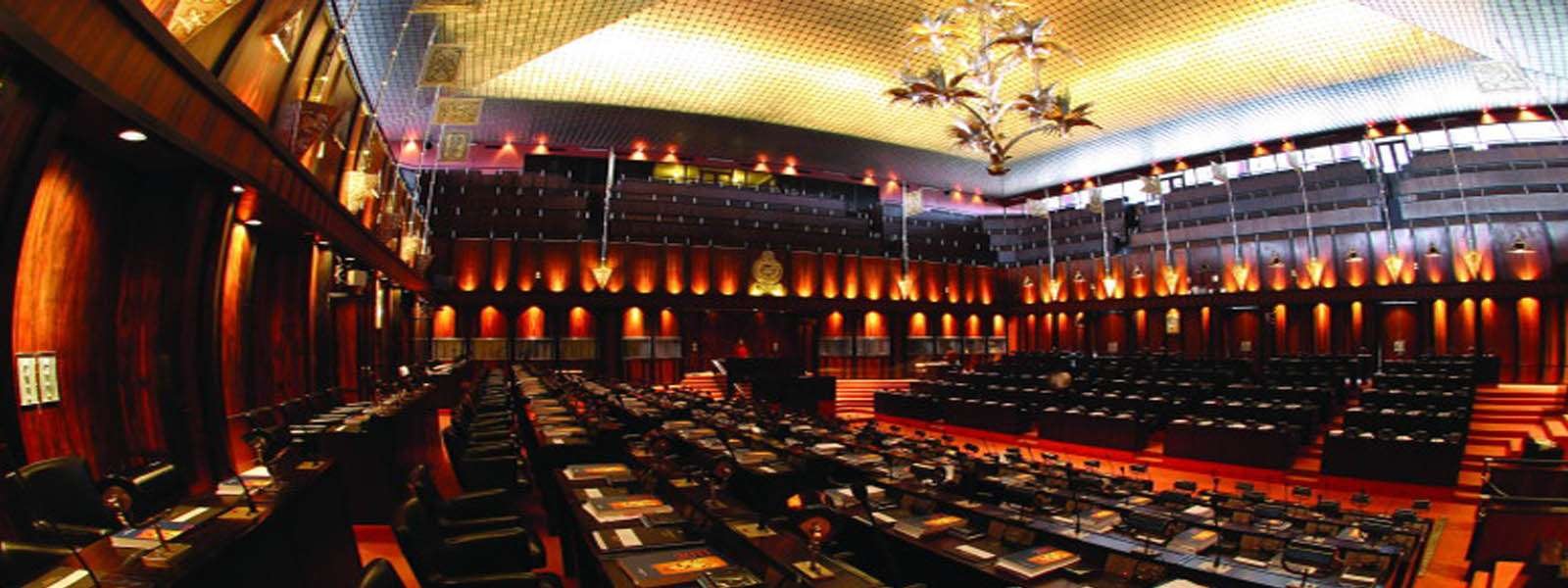
Sri Lanka Electricity Bill: Inconsistent With Constitution & Special Majority Required for Passage
Sri Lanka's Parliament Speaker announced the determination of the Supreme Court in respect of the Bill titled “Sri Lanka Electricity” which was challenged in the Supreme Court in terms of Article 121(1) of the Constitution, in Parliament on Tuesday (4).
In the said determination, the Supreme Court has summarized the Constitutionality of the Bill as follows:—
The Bill as a whole is inconsistent with Article 12(1) of the Constitution and shall only be passed by the special majority of Parliament required under Article 84 (2). This inconsistency shall however cease if Clause 1(2) and Clause 1(3) are amended as set out in the summary of the Determination of the Supreme Court.
Clauses 3(6)(a) and 10(1)(c) are inconsistent with Article 12(1) of the Constitution and shall only be passed by the special majority required under Article 84(2). However, the inconsistency shall cease if those Clauses are amended as set out in the summary of the Determination of the Supreme Court.
The first proviso to Clause 11(1) of the Bill is inconsistent with Article 12(1) of the Constitution and shall only be passed by the special majority of Parliament required under Article 84 (2). However, the said inconsistency shall cease if the Clause is amended as set out in the summary of the Determination of the Supreme Court.
Clause 17 is inconsistent with Article 12(1) of the Constitution and shall only be passed by the special majority of Parliament required under Article 84(2). The said inconsistency shall however cease and Clause 17 may be passed by a simple majority if the Clause is amended as set out in the summary of the Determination of the Supreme Court.
Clause 18(3)(e)(ii) of the Bill is inconsistent with the provisions of Article 12(1) and shall only be passed by the special majority of Parliament required under Article 84(2). The said inconsistency shall however cease if Clause 18(3) is amended as set out in the Summary of the Determination of the Supreme Court.
Clause 18(3)(f) of the Bill is inconsistent with Article 12(1) and Article 14(1)(g) of the Constitution and shall only be passed by the special majority of Parliament required under Article 84(2). However, the said inconsistency shall cease if the Clause 18(3)(f) is amended as set out in the summary of the Determination of the Supreme Court.
Clause 18(5)(b)(ii) is inconsistent with Article 12(1) of the Constitution and shall only be passed by the special majority of Parliament required under Article 84(2). The said inconsistency shall however cease if Clause 18(5)(b)(ii) is amended as set out in the summary of the Determination of the Supreme Court.
Clause 21 and Clause 23 are inconsistent with Article 12(1) of the Constitution and shall only be passed by the special majority of Parliament required under Article 84(2). The said inconsistency shall however cease if those Clauses are amended as set out in the summary of the Determination of the Supreme Court.
Clause 38 (2) of the Bill is inconsistent with Article 12(1) of the Constitution and shall only be passed by the special majority required under Article 84(2). The said inconsistency shall cease if Clause 38(2) is amended as per the summary of the Determination of the Supreme Court.
Clause 48 is violative of Article 4(a) read together with Article 3 and 76 and hence needs to be passed by the special majority of Parliament and approved by the People at a Referendum.
The definition of ‘national grid’ in Clause 53 of the Bill is inconsistent with Article 12(1) of the Constitution and shall be passed by the special majority of Parliament required under Article 84(2). However, the said inconsistency shall cease if the said definition is amended as set out in the summary of the Determination of the Supreme Court.

